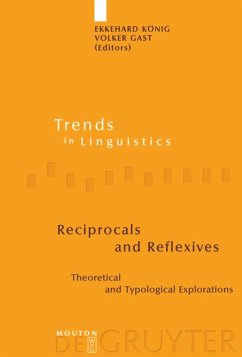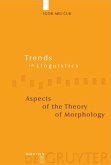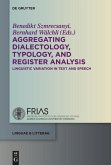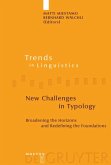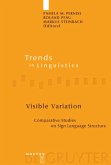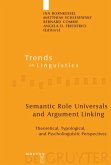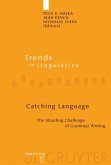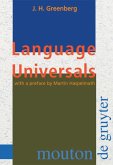This collection of original papers is a representative survey of recent theoretical and cross-linguistic work on reciprocity and reflexivity. Its most remarkable feature is its combination of formal approaches, case studies on individual languages and broad typological surveys in one volume, showing that the interaction of formal approaches to grammar and typology may lead to new insights and results for both fields.
Among the major issues addressed in this volume are the following: How can our current knowledge about the space and limits of variation in the relevant domain be captured in a structural typology of reciprocity? What light can such a typology shed on the facts of particular languages or groups of languages (e.g. Austronesian)? How can recent descriptive and typological insights be incorporated into a revised and more adequate version of the Binding Theory? How do verbal semantics, argument structure and reciprocal markers interact? How can we explain the pervasive patterns of ambiguity observable in these two domains, especially the use of the same forms both as reflexive and reciprocal markers? What are the major sources in the historical development of reciprocal markers?
This combination of large-scale typological surveys with in-depth studies of particular languages provides new answers to old questions and raises important new questions for future research.
Among the major issues addressed in this volume are the following: How can our current knowledge about the space and limits of variation in the relevant domain be captured in a structural typology of reciprocity? What light can such a typology shed on the facts of particular languages or groups of languages (e.g. Austronesian)? How can recent descriptive and typological insights be incorporated into a revised and more adequate version of the Binding Theory? How do verbal semantics, argument structure and reciprocal markers interact? How can we explain the pervasive patterns of ambiguity observable in these two domains, especially the use of the same forms both as reflexive and reciprocal markers? What are the major sources in the historical development of reciprocal markers?
This combination of large-scale typological surveys with in-depth studies of particular languages provides new answers to old questions and raises important new questions for future research.

